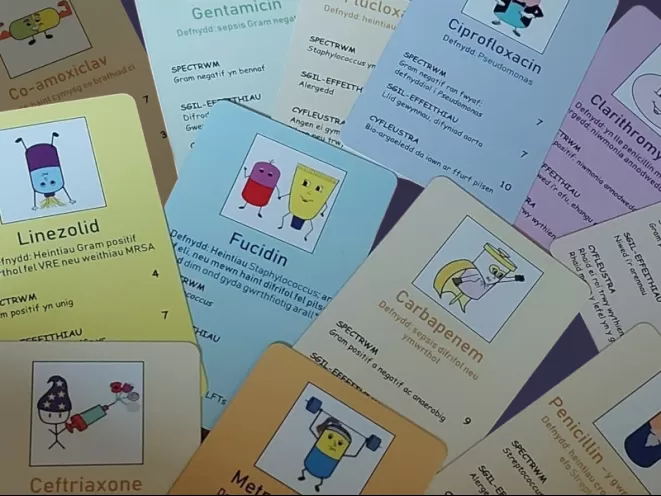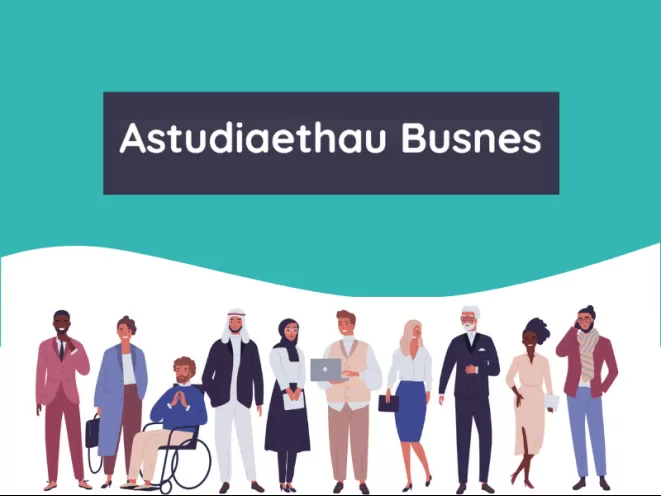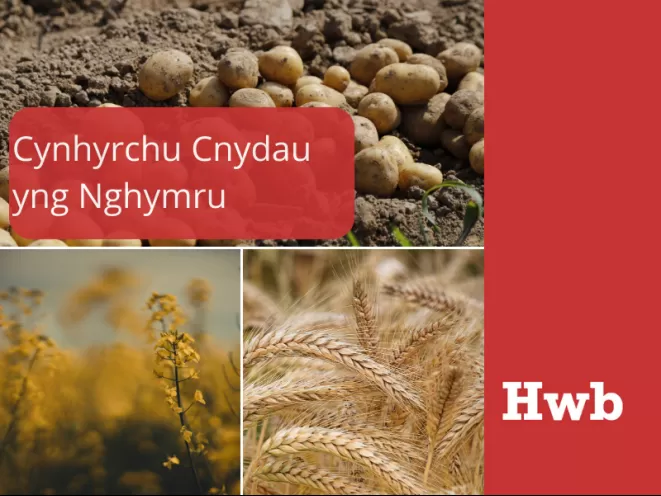A presentation by Dr Hanna Hopwood to postgraduate students to share advice on how to make the most of your time and energy when researching. Dr Hanna Hopwood is a lecturer in the Department of Linguistics, University of Oxford. She is also a project manager and about to complete the ILM Level 7 in executive coaching and mentoring. In addition, she has followed several courses on Compassion Focused Therapy and incorporates the models from that teaching at every possible opportunity into her work every day. This presentation encourages you to consider: What kind of learner are you? What is going to help you personally in setting your research goals and objectives? What kind of atmosphere and study pattern works for you? What can help set good habits? How can you structure your time effectively? What strategies can work when setting goals and objectives? How can you make the most of your time and energy? To accompany this resource, a live online workshop titled Setting Goals and Objectives for Researchers will be held with Dr Hanna Hopwood on 20 May at 11:00 to delve deeper into the above questions, and to share good practice and further advice.
Setting aims and objectives for researchers
Antibiotic 'Trumps' cards for medical students
Cards for a game in 'trumps' format, containing information on commonly used antibiotics. These cards could be used as a fun learning resource for medical students. They are also suitable for students in other health professions, eg pharmacy.
10 years of JOMEC Cymraeg
The series features 10 Welsh-speaking JOMEC graduates and well-known media figures in Wales. Contributors are from various backgrounds and work in different areas of Welsh media, with diverse perspectives on the Welsh language and identity. This podcast series includes content that is interesting, relevant, and useful for university students in Wales, school pupils, and broader audiences.
Weddings and spies: Georges Dufaud’s pioneering travel from Nevers to Merthyr Tydfil at the beginning of the n...
This article discusses the industrial and personal connections between the Crawshay family in Merthyr Tydfil and the Dufaud family in France. It draws on travel diaries, notes and letters by Georges Dufaud and his son Achille Dufaud on their visits to Merthyr, providing insights into the Frenchmen’s impressions of Merthyr and its industrial superiority, and of the practicalities of travel and funding at the time. These texts also suggest the extent of the technological transfer from Wales to France, and reveal Welsh fears of industrial espionage. Following the wedding of Louise Dufaud and George Crawshay, Welsh workers and Welsh machinery (from Neath Abbey) were exported to France. Both played a decisive role in the development of the Fourchambault iron works near Nevers. Author: Heather Williams
Business Studies
In this resource you will have the opportunity to develop your knowledge and understanding of businesses and their markets. The resource is divided into two parts: Part 1) Business Studies modules Part 2) Marketing modules Here you'll discover information about Welsh businesses and companies that you can use to undertake further research or to complete assignments. You will also come across short exercises and case studies that will test your basic understanding. This resource targets learners that are studying business courses at level 3.
Vicar Rhys Prichard’s sleep poems
This article surveys the considerations regarding sleep in Welsh literature by analysing the popular poems of Vicar Rhys Prichard (1579–1644). Religious and cultural considerations regarding sleep, as found in the Vicar’s poems, are analysed. The main characteristics of the Vicar’s sleep poems are identified, and we gain an insight into how some people slept, or how the Vicar believed or wished them to sleep. As a result, the article shows the importance of sleep during the period and that people took it seriously. In doing so, it is emphasized that it should be remembered that real people, of flesh and blood, are studied, and although they only exist in texts from our point of view, they should be treated as human beings that, in the context of this article, slept. Author: Dewi Alter
Creative Industries Units
This collection contains six e-learning packages on the following areas: Business within the Creative Industries Art and Design within the Creative Industries Communication and research in Creative Media Exploring the Performing Arts and Professional Practice Career Pathways and opportunities within the Creative Industries in Wales Music industry and professional practice The packages are suitable for learners studying the relevant qualifications at levels 2 and 3 at further education colleges.
Research Methods and Statistics
This Welsh-medium e-textbook is a comprehensive introduction to the process of planning and conducting research. Aimed primarily at Psychology undergraduates, it accompanies Welsh-medium research method and dissertation modules. It is also a useful resource for undergraduate and postgraduate students in a wide range of other subjects. The authors of the textbook are Dr Awel Vaughan-Evans, Dr Gwennant Evans-Jones and Emma Hughes-Parry.
An introduction to sociology resources
A 20 minute talk introducing resources created by Sociology lecturers. The resources that are showcased will be useful for teachers, pupils, learners and lecturers to support their teaching and learning. They can all be found on the Porth. These include: 'PAAC' resources which are on the themes of: Introduction to Sociology, Education, The Family, Research Skills, and Social Inequality Study of Contemporary Wales self study module Social Sciences: A Sociological Theory self study module Esboniadur Gwyddorau Cymdeithasol (Sociology Explainer - the Esboniadur is a collection of Welsh medium wicipedia style pages on a range of topics).
Crop production in Wales
This resource looks at crop production in Wales. It is suitable for learners in further and higher education studying programmes from levels 2 to 6. There are eight units each containing information on different aspects of crop production These include aspects of cultivation, establishment, growth, manuring, crop protection, harvesting and storage. The units are as follows: Introduction to crop growing in Wales Crop cultivation Crop establishment Crop growth and establishment Manuring Crop protection Harvesting Crop Storage This resource is on Welsh Government's HWB website and was published by Welsh Government.
Reading and writing Y Wladfa’s past: disputes on the history and memory of the Welsh settlement in Chubut
The aim of this article is to analyse the different readings available regarding the history of the Welsh settlement within official narratives of the past in Chubut Province, Argentina. This not only includes the products of the provincial state, but also those of other actors in Chubut society, including the Welsh community itself. In order to do this, the analysis will focus on interpretations produced over three periods: firstly, between the 1930s and 1955, when Chubut was a national territory; secondly, a portion of the first years of the existence of Chubut Province between 1958 and 1975; and finally, between the 1980s and the present, with particular attention given to the celebrations of the hundred and fiftieth anniversary of the landing of the first settlers in 2015. The changes observed between different historical narratives, as well as the elements of continuity between them, are also considered. Throughout these three periods, it is shown that official narratives of Chubut’s past have placed the history of Welsh colonization as a cornerstone for the establishment of the province, giving it a hegemonic role. Author: Guillermo Williams
Those without fault are yet to be born: the ‘Discourse’ and Ethics of Welsh Patagonia
The recent online public discussion about Welsh Patagonia has been characterized by a tendency to condemn the settlers from Wales on moral grounds. This article takes on this debate, weighing up how, and to what extent, it is possible for us to place Y Wladfa and its people on the scales of morality. It gives detailed attention to the writing of Geraldine Lublin and Lucy Taylor on the history, as examples of reflective, multi-layered analysis that succeeds in conveying the complexity and difficulties of the situation. Having offered this outline, Iris Marion Young’s ethical framework is applied to the history, in order to highlight key ethical considerations, following Catherine Lu’s application of the same ‘social connection’ model to Japanese colonial history. Some initial conclusions are offered about what is revealed. Author: Huw L. Williams










